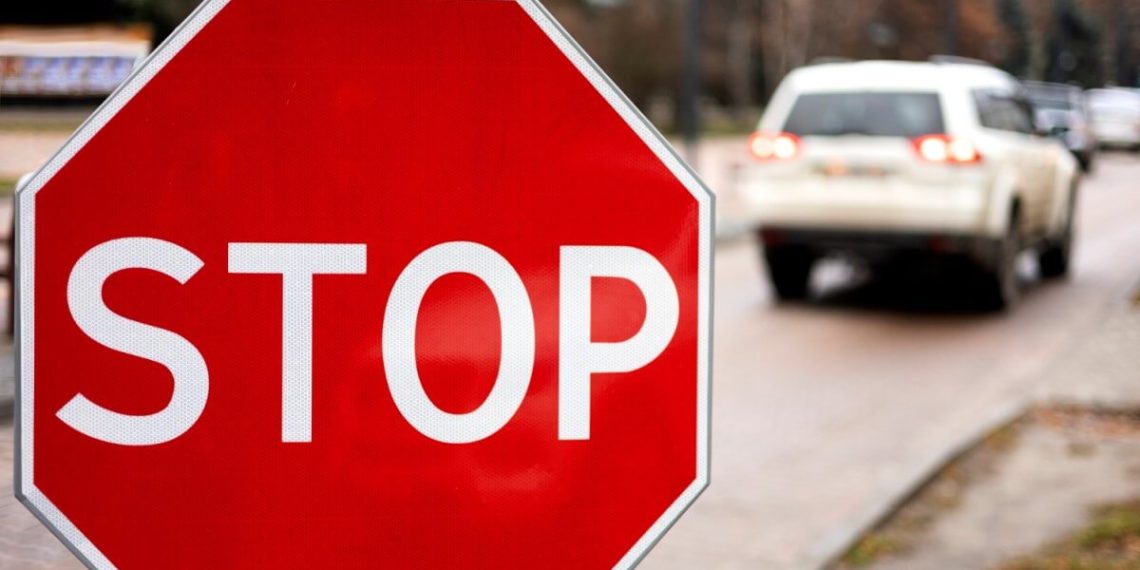Latvia to Officially Ban Cars with Russian Registration Numbers
Starting next week, cars with Russian registration numbers in Latvia will be officially banned, with unregistered cars subject to confiscation by the authorities. According to Interior Minister Rihards Kozlovskis, the police will not plan raids but rather act according to the situation, while the public is encouraged to report such cars to the police.
If drivers do not have evidence that they are transiting through Latvia, which must be registered with the CSDD, that they will not stay for more than 24 hours, the vehicle will be confiscated. A fine between €750 and €2,000 awaits those who are found driving a Russian vehicle not registered in Latvia. While the Minister claimed that the presence of such cars in the country does not threaten national security, he pointed out that the measure has been implemented to show solidarity with what is happening in Ukraine.
Previously, Minister Kozlovskis said that the probability of provocations by Russia is increasing on a daily basis, but the country is set to continue supporting Ukraine and has taken measures to protect national security. By the end of 2023, the Interior Minister announced that two border checkpoints in the Latvian-Russian border were shut, citing an increasing number of people attempting to cross the border to the EU country.
Recently, the neighboring country of Lithuania also revealed its plans to extend sanctions against Russian and Belarussian nationals, refusing to issue visas and impose screening restrictions on these two nationality groups. According to the Foreign Ministry of Lithuania, the measure, which will expire in May 2024, should be extended for another year. In this way, Russian and Belarusian nationals entering Lithuania will remain subject to in-depth screening. The Baltic countries have already imposed stricter visa rules for nationals of both countries. Back in 2022, Lithuania decided to no longer issue visas to nationals of Russia due to the war in Ukraine – a measure that was widely implemented by the European countries.
Still have some travel questions? Ask in our Travel WhatsApp Group.








